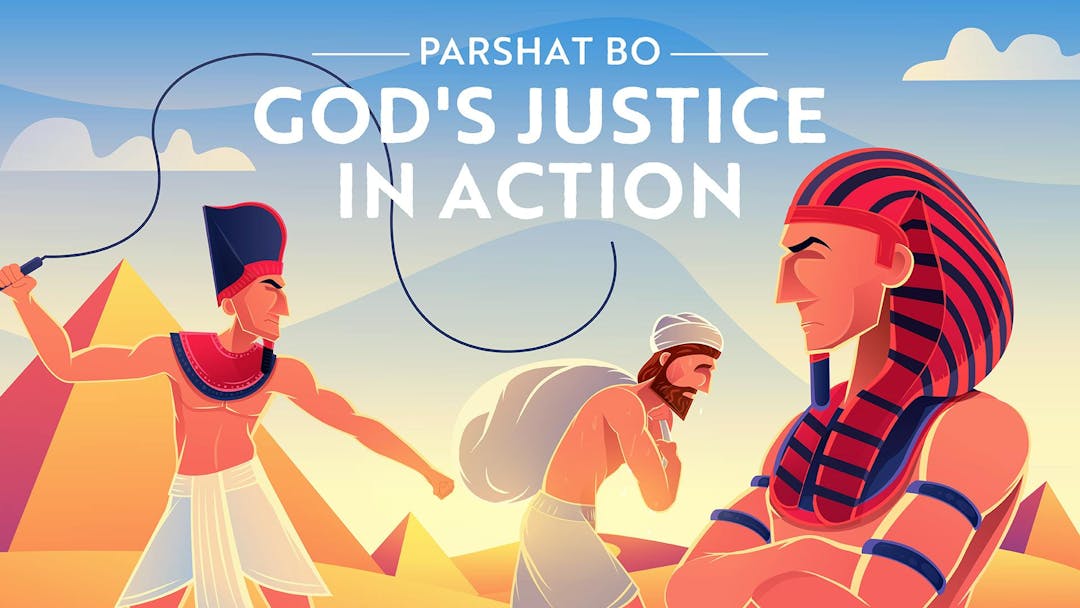Start your free trial today to unlock the full library and enjoy unlimited and uninterrupted access.
Get StartedDid God Really Need Ten Plagues?
The Theological Significance Of The Ten Plagues
Ten colorful and unique plagues... was that really so necessary? Or was there a deeper theological significance behind why God sent all ten plagues to Egypt?
In this week's video, Rabbi Fohrman explores the final plagues and argues that God played off of Pharaoh's ego to show Pharaoh, the people of Egypt and the people of Israel that only God is all-powerful. Through this explanation, we uncover the significance and meaning of why God needed to send all ten plagues – and nothing less.
What is Aleph Beta?
Aleph Beta is a unique kind of Torah library. Led by our founder, Rabbi David Fohrman, we are dedicated to high-level, textual Torah learning for adults that is intellectually and spiritually sophisticated, that enlivens your Jewish practice and helps you forge a deeper connection to God. Whether you’ve been learning in yeshiva for years or you’re just beginning your Torah journey, you’re sure to find something meaningful and surprising waiting for you here.
Browse our library of over 1,000 beautifully produced animated videos, podcasts, deep dive courses, and printable guides. Topics include the weekly parsha, Jewish holidays & fast days, laws & mitzvot, prayers, relationships, big philosophical ideas and more. Have something to say at the Shabbos table that will amaze your family and guests and bring deep meaning into their lives.











